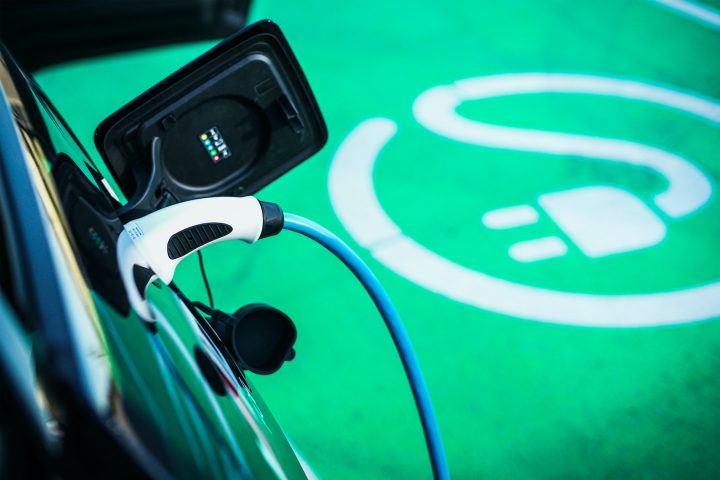As many as 14% of drivers – more than ever before – say their next car will be electric, but the proportion of those expecting to be in an EV in the next five years has reduced in the last year, shows new RAC research with more than 3,000 drivers.
While figures for the RAC Report on Motoring 2022 indicate the number of drivers planning to change their vehicle in the near future has declined steadily in the aftermath of the pandemic – in 2019 36% expected to move to a different model within the next two years, whereas only 28% of drivers said this in 2022 – fewer drivers than ever plan to opt for a conventionally fuelled vehicle as their next car, yet a greater proportion than ever expect to get an EV.
Just 41% of drivers say their next vehicle will run on petrol – down from 45% in 2021 and 52% back in 2018 – while only 13% will choose a diesel (16% in 2021 and 18% in 2018).
The 14% who plan to go electric when they next change vehicles has increased significantly from 10% in 2021 and represents a huge rise on the figure of 3% in 2018. Hybrid vehicles also account for a significant portion of drivers’ next car preferences with a fifth (19%) saying they intend to switch to a conventional hybrid and one-in-10 (10%) wanting a plug-in hybrid.
However, the proportion of drivers who do not know when they will acquire their first electric vehicle has increased to 42% from 36% in 2021. As a result, those expecting to get an EV in the next five years has dropped from 17% to 15% in 2022. Similarly, the proportion who think they will be driving electric in five to 10 years has declined from 25% last year to 21% this year.
Among those not planning to change their vehicle in the next five years (15%), the majority (77%) say this is simply because they are happy with their current model. But 14% point to rising costs elsewhere (for example energy and fuel), while 8% blame high second-hand vehicle prices and the same proportion (8%) say their income has reduced as a result of the pandemic.
Looking at drivers who do intend to get a new car in the next five years – a significant drop to 56% in 2022 from 73% in 2019 – a quarter (24%) say their plans to trade up have been delayed by the pandemic-related issues. Of this group, 47% say they have postponed a change because of high second-hand prices while 38% are driving less following the pandemic.
A further 37% say their income has fallen due to Covid-19 and 29% point to problems with the availability of new vehicles. However, as many as 37% of all drivers have no plans to change their cars or don’t know when they will do so, up from 33% in both 2021 and 2020, and 25% in 2019.

